I’ve cried plenty of times in video games. Which gaming scenes do I think are the saddest though?
It’s okay to feel sad sometimes. We can’t always feel happy-go-lucky, and sometimes life s**ks. Having a good cry could be healthy for you, and sometimes you need to let that all out. I know people don’t like feeling sad when watching a movie or playing a video game, but if you feel sad while experiencing an impactful story, then that only means the story did an excellent job making you feel something. Similar to how people cried at the end of Avengers: Endgame, the best thing that a story can do to you is make you feel something. If you feel something towards the story, that means you have an emotional response to it, which also means that you are invested in the narrative.
Video games typically primarily focus on the gameplay, rather than the story. When a story in a video game is good, it can be just as emotional as any other media. Even though I didn’t cry at the end of Endgame, certain games made me cry like a baby. Which games made me sad, and what particular moment made me want to cry? Well, check below to see the answers.
Top 5 Gaming Moments That Made Gamers Cry
There are plenty of sad moments in video games; however, but the list below are the moments that personally made me sad, which I think is a good thing. On a side note, honorable moments goes to the beginning and the ending of The Last of Us, and the end of Transistor.
5. Vivi’s narration in Final Fantasy IX
Which Final Fantasy you may be asking yourself. Well, I honestly don’t know because Final Fantasy has so many sad moments. I feel obligated to include Aerith’s death from Final Fantasy VII, but that almost feels like a given. We all know that it is a sad moment, yet it’s been talked to death already in other lists and articles pieces. There’s also the end of Final Fantasy X where the main character Tidus disappears, though that sad moment is ruin by the fact that he comes back at the end of the sequel, X-2.
Personally, there’s an off-screen death in Final Fantasy VIII that profoundly affected me. It was so unceremoniously and sad. I think it was a brilliant way to convey mortality and the mundaneness of passing. I go into more detail about that death in my tribute to Final Fantasy VIII piece.
In the end, though, I decided to go with the ending of Final Fantasy IX. While IX ends on a happy note, the overall narration is very bittersweet. The narrator at the end is implied to be Vivi, one of the main characters of the game, and through his narration, it is suggested that he passed away. Not only was Vivi the MVP of the game, but he was also just a child. During the game, it is revealed that Vivi has a minimal lifespan. He accepted his own mortality, and his implied passing at the end is heartbreaking. There are many moments worth crying in the Final Fantasy series, but Vivi’s narration at the end may take the cake for being the saddest.
4. Lee Everett’s End in The Walking Dead: Season One
In the first season of The Walking Dead video game by Telltale Games, you play as convicted criminal Lee Everett. As Everett, you become the de facto guardian for a little girl named Clementine. In the first season, you must protect Clementine in a world that is slowly being ravaged by a zombie apocalypse. Lee isn’t always the most likable protagonist, mainly depending on the decisions players make. But his bond with Clementine makes him enduring, and you want to see the two of them live through this apocalypse.
However, that’s not the world Lee and Clementine live in. They live in a horrible reality, where anything goes, and anyone close to you can perish. The ending of the first season showcased that when a walker bites Lee. He either succumbs to the bite and becomes a zombie himself, or is shot by Clementine. Either way, Lee dies at the end. It’s a tragic loss and showed how genuinely hopeless a zombie apocalypse can be.
3. The Boss was not a traitor in Metal Gear Solid 3: Snake Eater
Even though both Metal Gear Solid 3 and Metal Gear Solid 4 end on moments that can make any grown man cry, MGS 4 has a more bittersweet and hopeful ending. On the other hand, MGS 3: Snake Eater ends on a cynical and downbeat note. A prequel to the other Metal Gear games, MGS 3 is played through the perspective of Naked Snake, who will one day end up being Big Boss in the other games.
After being forced to assassinate his mentor, who is known as a The Boss, he discovers that his mentor’s betrayal was a cover-up. The Boss only pretended to be traitor as she was deep undercover under the orders of the US government. Not long after learning the truth, Naked Snake is awarded the Distinguished Service Cross. However, he has become so delusional with the US government that he quickly leaves to lay lilies on the unmarked grave of his mentor. It’s a pessimistic end to the game, showing that the US government cares very little for the soldiers that fight their wars for them. It explains Big Boss’ motivation in other titles in the franchise and continues the themes that were established in other games in the franchise.
2. Summer vacation is over in Kingdom Hearts II
I’ve written about this before, but Kingdom Hearts games are kind of sad. If you look beyond the convoluted narrative and the very dense dialogue concerning hearts, there’s a lot to enjoy about the Kingdom Hearts story. The story in the series always feels sincere, and there’s genuine pathos in the narrative. Those sad parts in the game hit hard because the narrative does work, and you do generally care about the characters and themes of the games.
When I was deciding which sad part from the franchise to pick from, I almost went with Xion’s death in Kingdom Hearts 358/2 Days (you got to love those crazy Kingdom Heart titles). I genuinely did cry in real life after playing through the scene, but it is kind of ruin by some weird dialogue and awkward vocal performance.
So instead, I’ll go with something more subtle and personal. Kingdom Hearts II did something interesting; instead of starting with the main protagonist from the first game, Sora, you instead play as a young teen named Roxas. Roxas’ goal is to go to the beach before the end of his summer vacation, except that never comes. It is revealed that Roxas is in a simulation, and he is Sora’s “Nobody.” He needs to go back to Sora to awaken him after he went into a deep sleep.
The scene where Roxas meets Sora for the first time and says his summer vacation is over, gets me every time. While I don’t cry out loud, it is a lot more subtle moment. The scene works as a metaphor for the end of innocence and helps emphasize Roxas’ tragic nature. It may not be everyone’s saddest moment, but to me, there is nothing sadder in the entire Kingdom Hearts franchise.
1. All of Shadow of the Colossus
All of Shadow of the Colossus is pretty melancholy. The atmosphere for the entire game is depressing, as you play a random warrior known as the Wander who travels the land to slay colossuses. You’re doing this to revive a mysterious maiden, yet the colossuses never do anything to you. You walk up to them and attack them. You never feel good doing it; nonetheless, it’s something you need to do.
There’s not a particular moment in Shadow of the Colossus that is worthy of crying out loud; the whole game is sad and depressing. With that said, the ending is probably the most depressing aspect of the game; the Wander is turned into a horned demon after being corrupted with all his colossus slaying. He is eventually sealed away, presumably perishing. The tragic thing about the ending is that the Wander never really redeems himself for his deeds, and he ends up being a villain in the end.
If there’s a silver lining to the ending, it is the fact that the maiden is revived and she finds a mysterious baby. The baby may or may not be the reborn Wander, leaving it up to players’ interpretation to what the ending means.

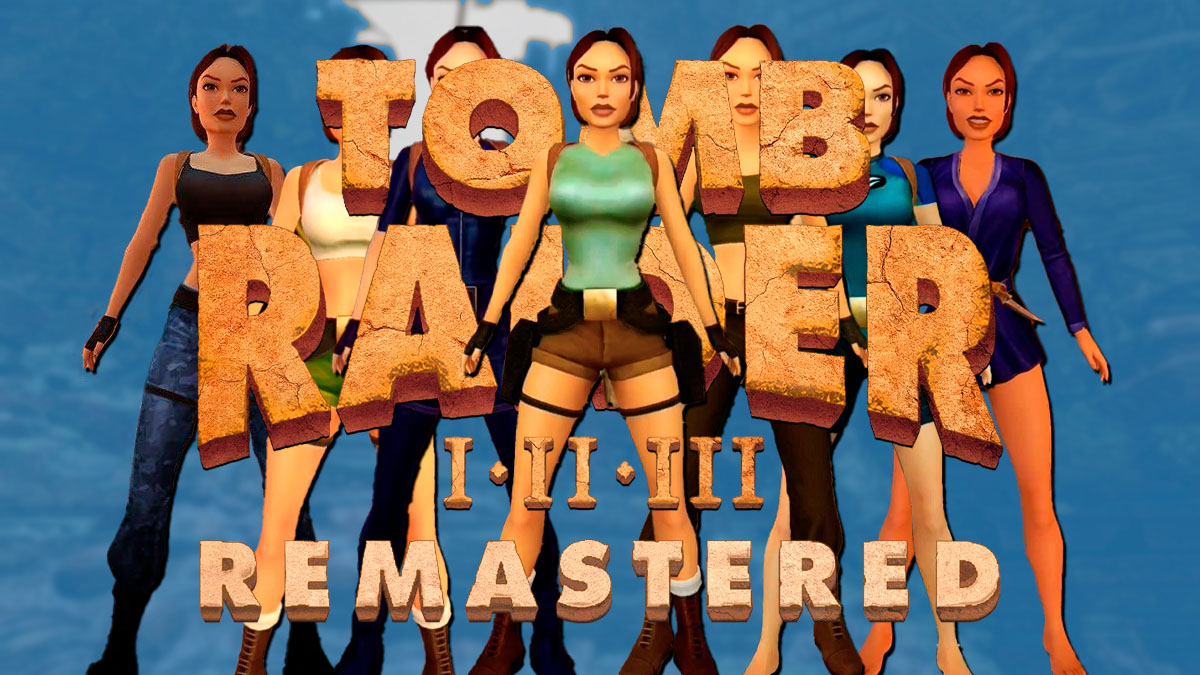
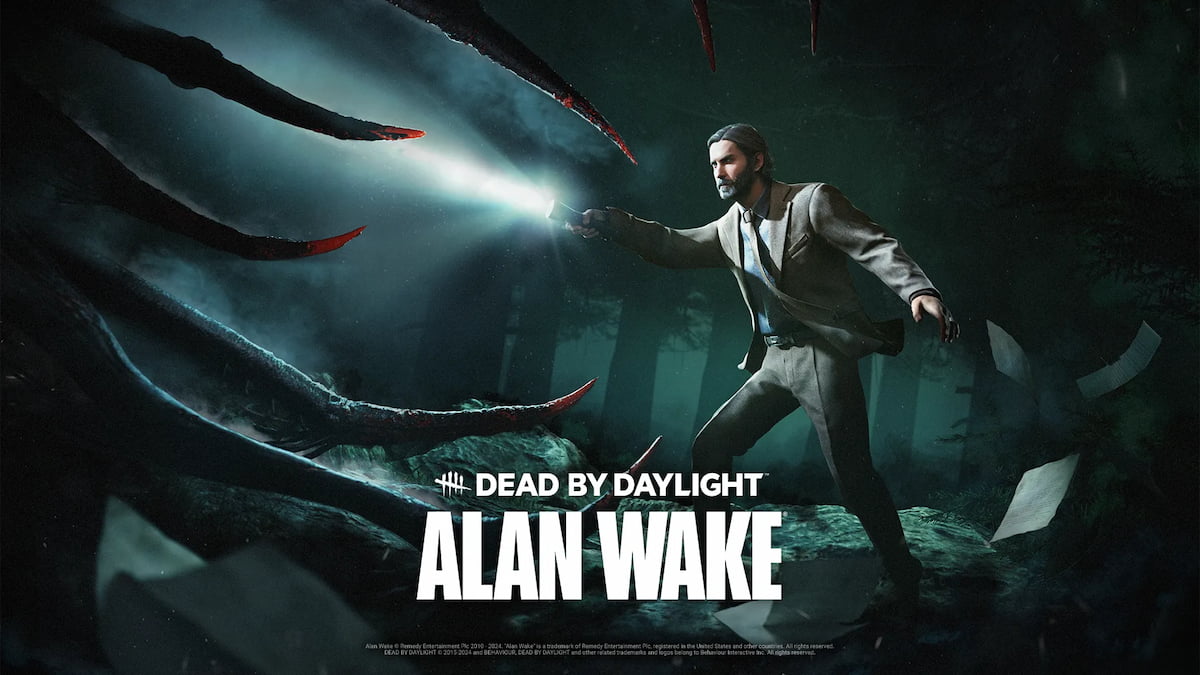
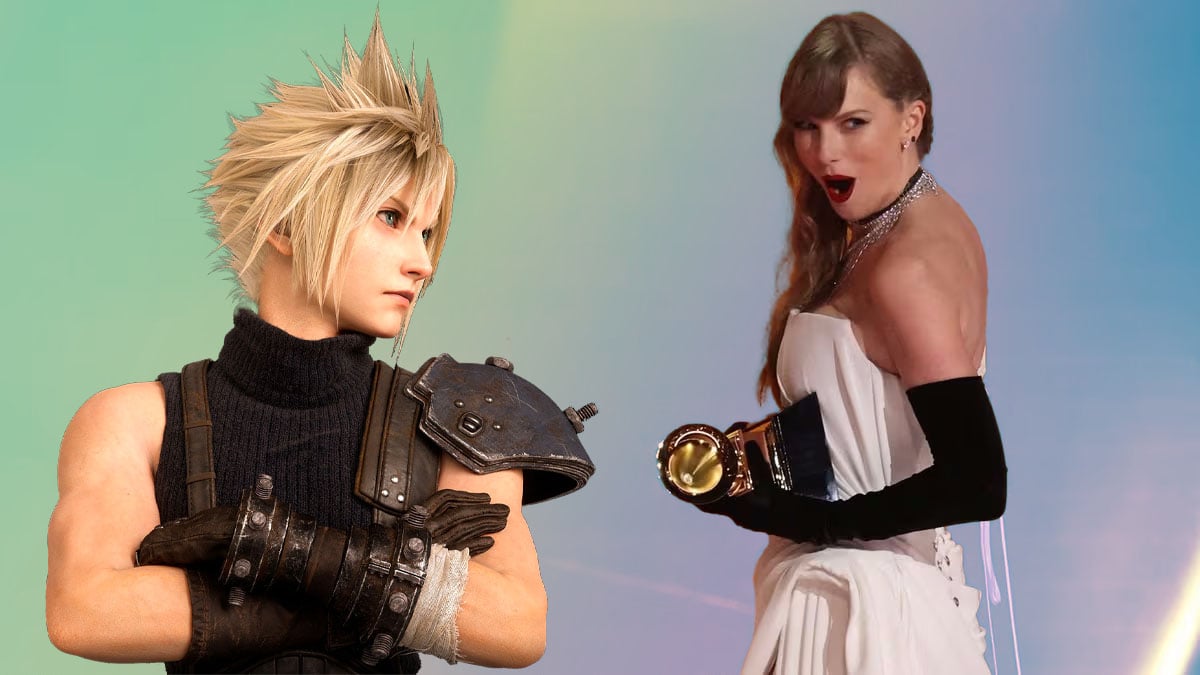
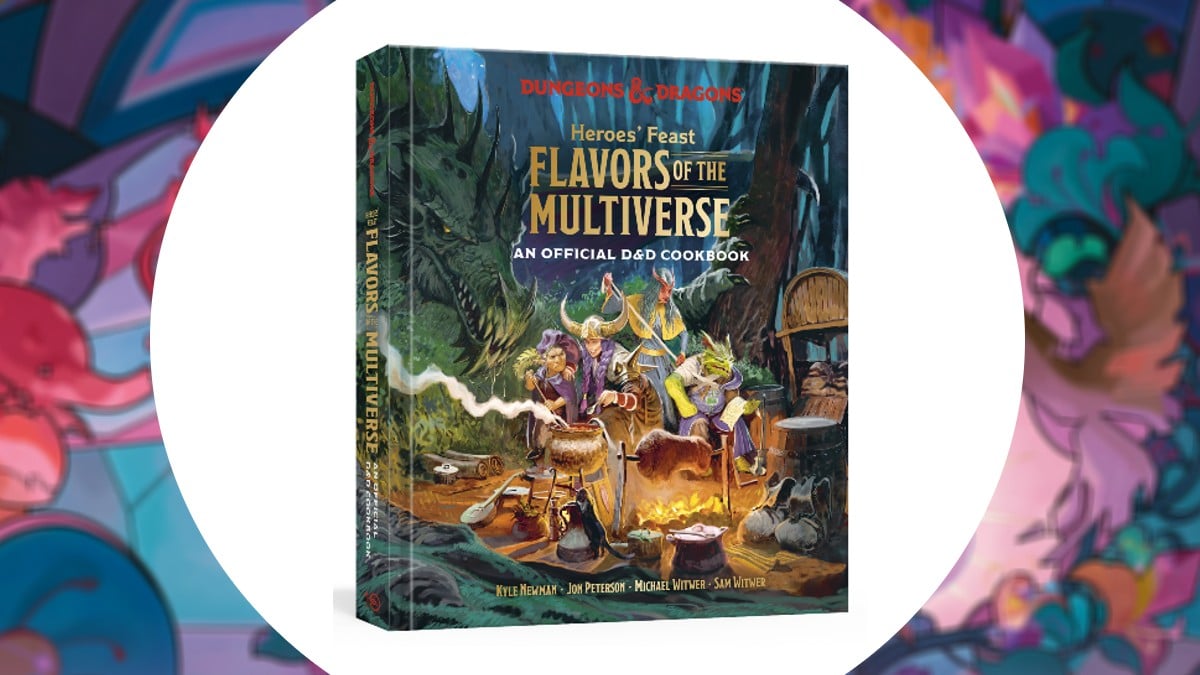
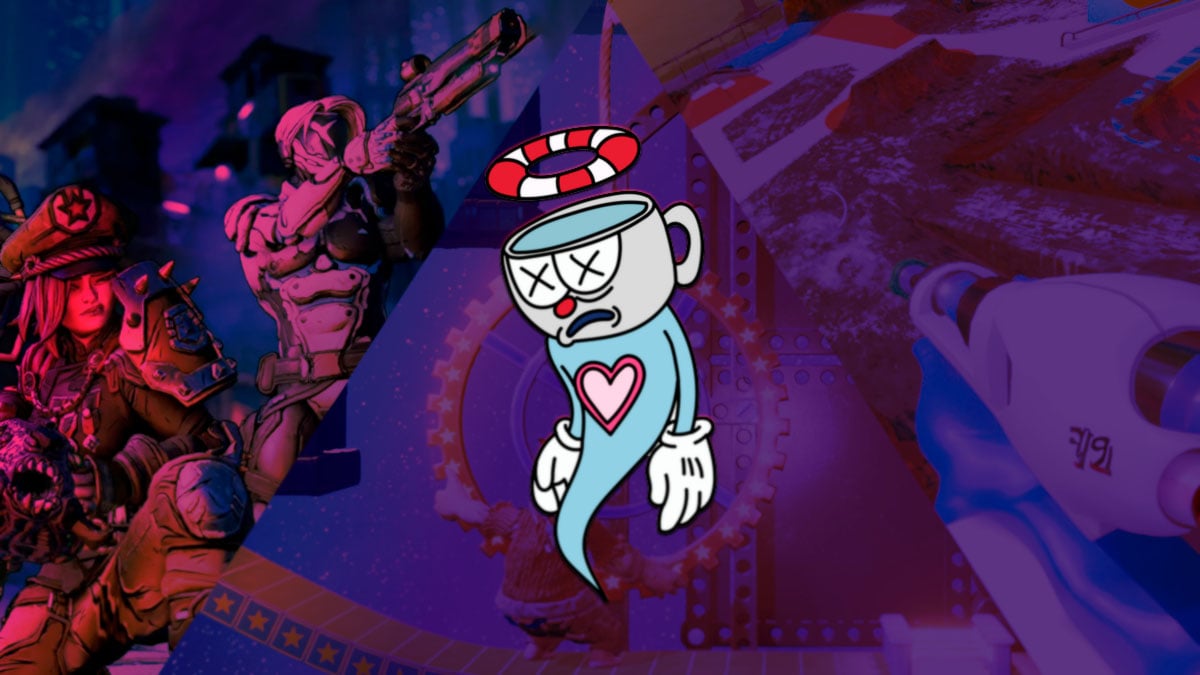
Published: Sep 18, 2019 10:55 am